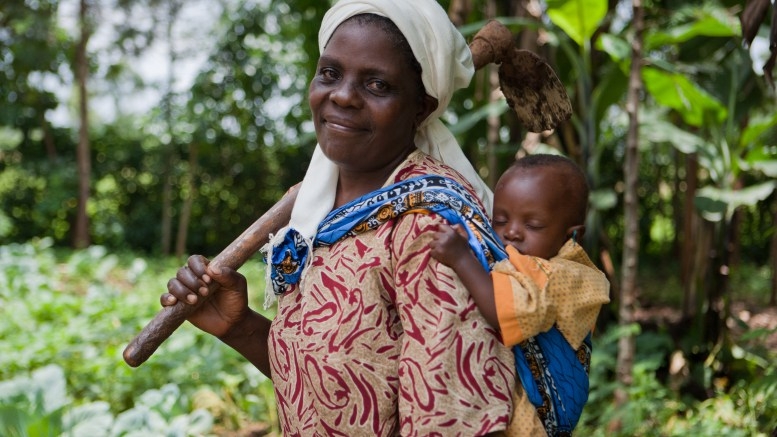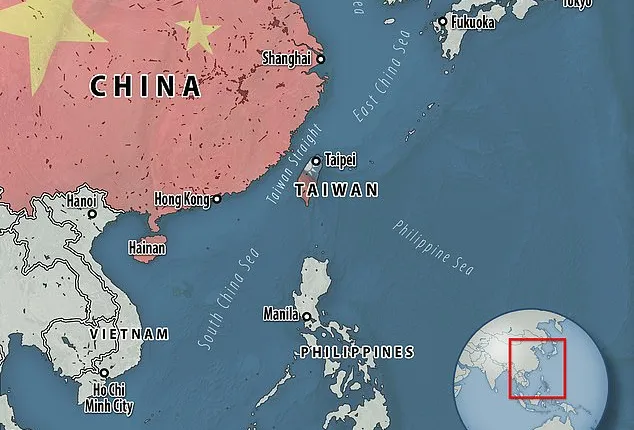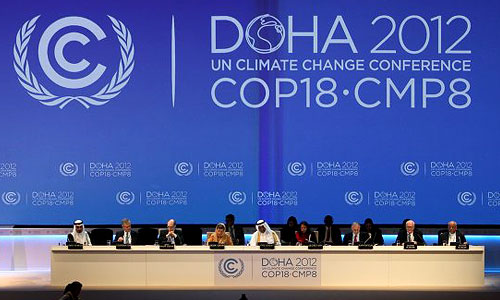African countries on Friday (8 March) marked the International Women’s Day by reflecting on the plight of millions of women across the continent, with leaders pledging to reduce gender inequality by empowering women to participate more in the economic sphere and in politics.
The 8 March is commemorated globally as International’s Women Day, a day set aside by the United Nations to recognize the contributions of women to the social, economic, cultural and political achievements around the world. “While significant strides have been made to empower women and promote gender equality, we remain painfully aware that the struggle for women emancipation is far from over,” said South Africa’s Ministry of Small Business Development in a statement. Women’s rights advocates stress that unpaid work by millions of women across Africa are a barrier to gender equity, saying holistic reforms are needed to tackle the issue.
According to a recent UN Women report, over 342 million women and girls in Africa are likely to be living in extreme poverty by 2030, if current trends – geopolitical conflicts, soaring poverty levels and climate change – continue. This situation is also attributed to the fact that “in Africa, women spend three to four times more time on unpaid care and domestic work compared to their male counterparts,” said Mehjabeen Alarakhia, UN Women’s regional advisor on Women’s Economic Empowerment for East and southern Africa. Also another UN body, the UNICEF, used the International Women’s Day to the plight of 230 million of women and girls who have undergone female genital mutilation, most of whom live in Africa. While the percentage of women and girls who have undergone the procedure, in which external genitalia are partially or fully removed, is declining, a report issued by the UNICEF on 8 March warns that efforts to eradicate the practice are too slow to keep up with fast-growing populations.



